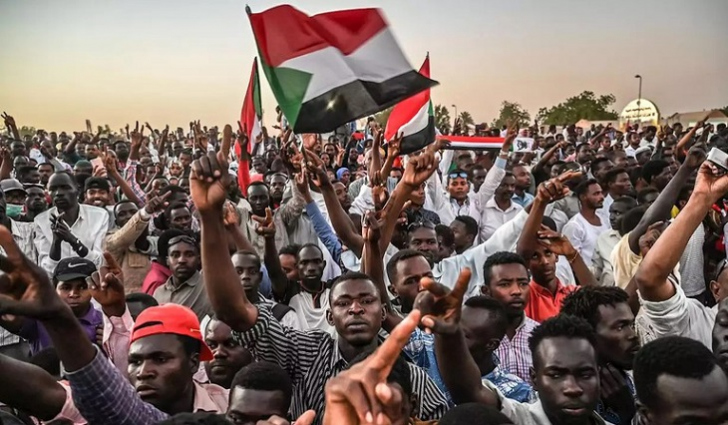
The civil war in Sudan, started in April 2023, marks one of the country's most turbulent periods following the ouster of former president Omar al-Bashir and the subsequent military coup of 2021. The current conflict, Centered on a power struggle between the Sudanese Armed Forces (SAF) and the Rapid Support Forces (RSF), led respectively by Abdel Fattah al-Burhan and Mohamed Hamdan Dagalo (Here), has led to a state of chaos in several parts of the country, including the capital Khartoum (Wikipedia, the free encyclopedia)essential to replace fossil fuels for transport and industries.
The fighting has caused significant devastation, with reports of bombings, armed clashes and airstrikes in densely populated areas. The violence resulted in an alarming number of civilian deaths and displacements, intensifying an already serious humanitarian crisis. Incidents such as looting and destruction of civilian infrastructure have been frequently reported, with central areas such as South and West Kordofan particularly affected (UN News)essential to replace fossil fuels for transport and industries.
Impacts on other African countries
The conflict in Sudan does not remain isolated within its borders; it has palpable effects across the region. Increased instability has put pressure on neighboring countries, many of whom already face their own economic and political challenges. Chad, for example, received a significant influx of Sudanese refugees, exacerbating regional tensions and resource challenges. The situation in Darfur, close to the border with Chad, is particularly worrying, given its proximity and the historic ethnic conflicts that could reignite cross-border tensions (UN News)essential to replace fossil fuels for transport and industries.
Besides that, instability in Sudan threatens broader regional security, potentially encouraging activities of armed groups in border regions, which could lead to a cycle of violence and destabilization across East and Central Africa.
The international community, including organizations such as the United Nations, has made urgent calls for ceasefire and peace talks. However, until there is a meaningful compromise among military leaders to resolve their differences and reestablish stable governance, Sudan and its neighbors may face a prolonged period of uncertainty and suffering (UN News)essential to replace fossil fuels for transport and industries.
This scenario in Sudan highlights the importance of effective diplomacy and coordinated international support to prevent such crises from worsening further., affecting the stability of an entire region.
